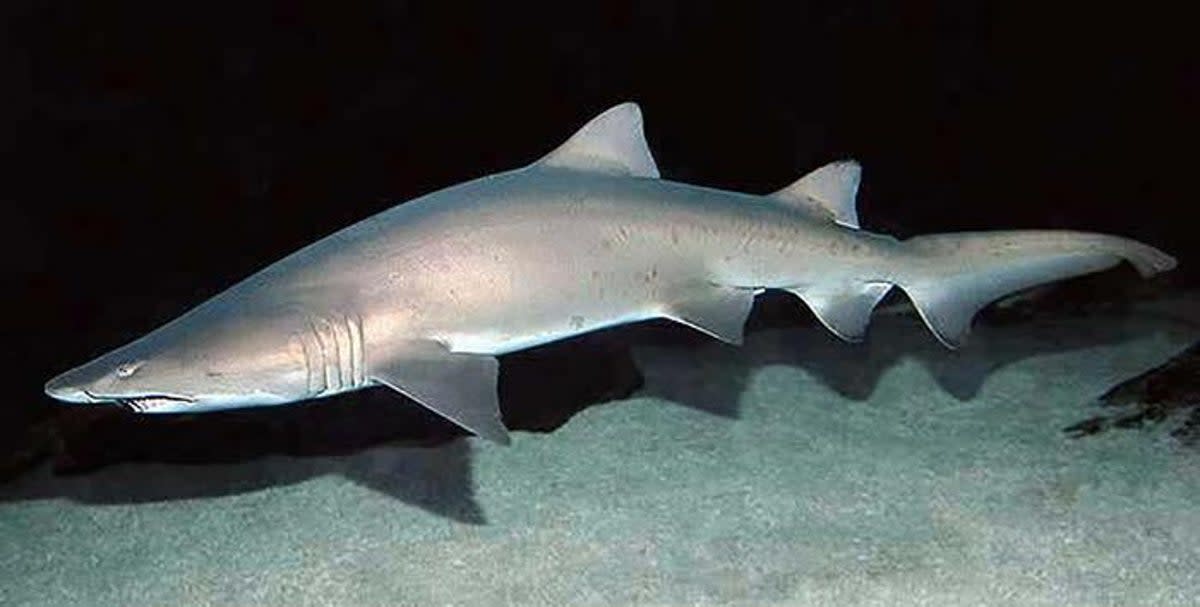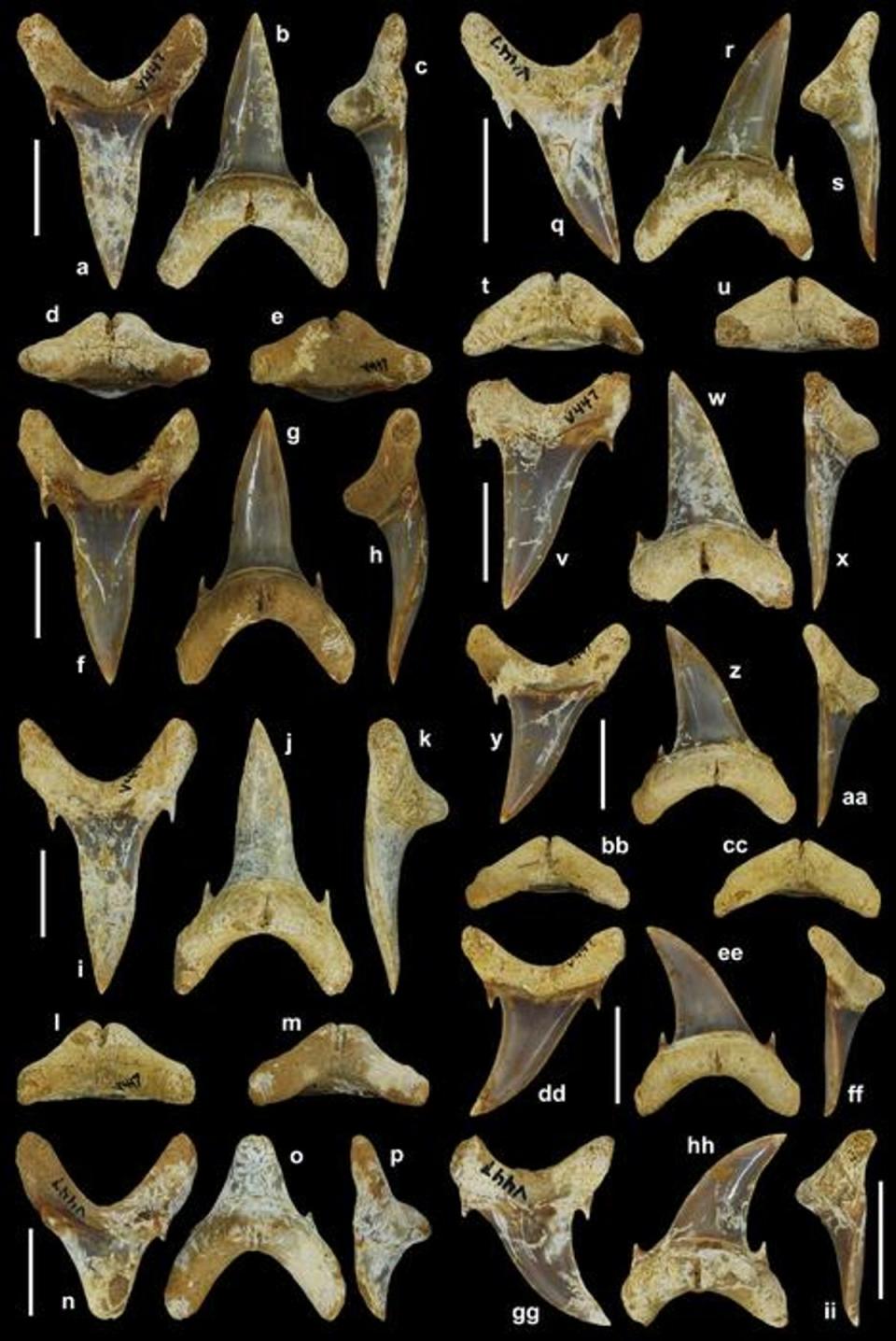This prehistoric shark with ‘fangs’ was top predator just after dinosaurs died

Scientists have discovered a new shark species in Alabama that had needle-like fangs and became one of the ocean’s top predators after the extinction of the dinosaurs.
The species, named Palaeohypotodus bizzocoi, lived about 65-million-years-ago – the period following the mass extinction event that wiped out more than 75 per cent of life on Earth, including the dinosaurs.
Researchers say the shark species with small needle-like fangs present on the sides of its teeth was the leading predator when the oceans were recovering after the extinction event.
“Shark discoveries like this one give us tremendous insights into how ocean life recovers after major extinction events and also allows us to potentially forecast how global events, like climate change, aï¬ect marine life today,” paleontologist Lynn Harrell, who was part of the discovery, said.
During this time, in the geological period known as the Paleocene, much of the southern half of Alabama was covered by a shallow tropical to sub-tropical ocean, scientists say.
The latest discovery was made by researchers combing through over a dozen fossil shark teeth collected from Wilcox County over 100 years ago and stashed at the Geological Survey in Alabama.
The assortment of teeth included nine from the upper jaw and eight from the lower part with some having one or two pairs of fangs, or cusplets.

Scientists compared the fossil teeth to those of various living sharks, like Great Whites and Makos, and soon discovered that they belonged to a new yet-unidentified species that lived during the Paleocene.
“This time period is understudied, which makes the discovery of this new shark species that much more signiï¬cant,” Dr Harrell said.

Researchers also reconstructed the dentition of the ancient species and showed that its tooth arrangement diï¬ered from that of any living shark.
They have named the species P bizzocoi, for the late Birmingham archaeologist Bruce Bizzoco (1949-2022) who served as a Dean at the Shelton State Community College in Tuscaloosa.
Based on the latest findings and of over 400 unique species of fossil sharks and bony ï¬sh in the region, researchers say Alabama may have been one of the richest places in the world in terms of marine diversity in prehistoric times.


